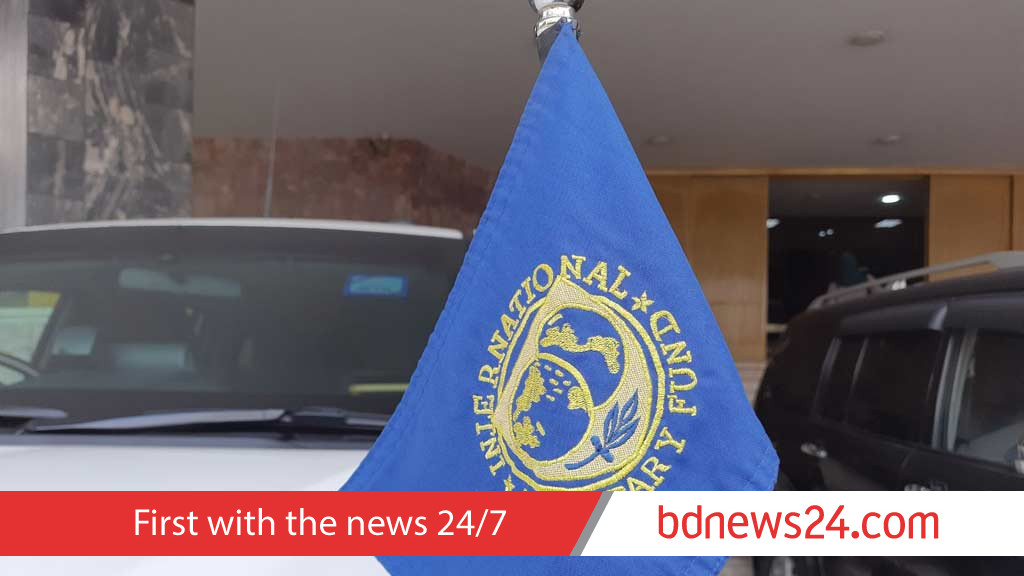The International Monetary Fund (IMF) has advised Bangladesh to wait until inflation falls to 7 percent before cutting the policy rate, objecting to the governor’s earlier indication of lowering it early next year.
The visiting IMF review mission, in continuous talks with Bangladesh Bank, shared this assessment during discussions on the country’s ongoing $4.7 billion loan programme.
Bangladesh Bank spokesperson Arief Hossain said on Sunday, “What the IMF has suggested is that inflation has not yet fallen to the desired level and is declining very slowly. Policy rates should not be reduced until inflation comes below 7 percent.
“This is a message to ensure we do not cut the rate at this moment.”
The IMF team has been in the capital since Oct 29, holding meetings with government offices and Bangladesh Bank to monitor the use of the fourth and fifth tranches of the loan before the next disbursement.
The latest figures from the Bangladesh Bureau of Statistics (BBS) show overall inflation stood at 8.36 percent at the end of September.
Inflation had been rising over several years, reaching 11.66 percent in July 2024. The high rate continued in the following months.
To rein in inflation, Bangladesh Bank had been raising the policy interest rate even before the Awami League government was removed from power.
Governor Ahsan H Mansur, who took charge after the change of government, has continued the move, with successive increases in the policy rate.
Inflation fell to 9.05 percent in May this year and further to 8.48 percent in June. It rose slightly in July but declined to 8.29 percent in August, the lowest in 37 months, before increasing slightly again in September.
The central bank’s policy rate hikes, based on contractionary monetary policy, raised borrowing costs from Bangladesh Bank, prompting commercial banks to increase loan rates.
Average lending rates now exceed 12 percent.
Amid calls from businesses to ease borrowing costs, the governor had signalled a possible rate cut after December.
The IMF has instead recommended waiting for a clearer decline in inflation.
Spokesperson Arief said, “The governor will review December’s figure before making any policy rate decision.”
The IMF mission, led by mission chief Chris Papageorgiou, will continue discussions until Nov 13.
According to the loan schedule, if the sixth instalment is not disbursed in December, it may be combined with the seventh instalment.
Earlier delays in reaching an agreement on the exchange rate meant that Bangladesh received funds from the fourth and fifth instalments together.
To tackle the financial crisis, Bangladesh signed a $4.7 billion IMF loan deal in 2022 after several rounds of talks, with the first disbursement made in early 2023.
The programme, which began on Jan 30, 2023, was expanded to $5.5 billion in June 2024.
Bangladesh has received $476.3 million in February 2023, $682 million in December 2023, $1.15 billion in June 2024, and a combined $1.34 billion from the fourth and fifth instalments the same month.
